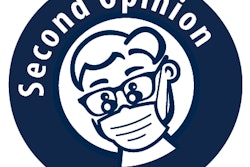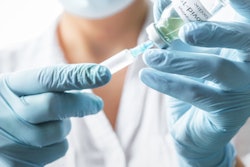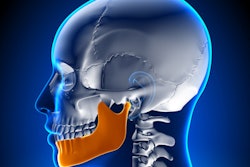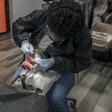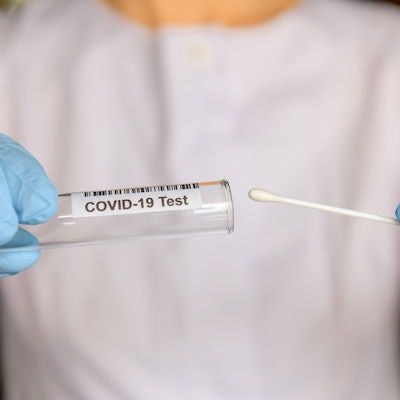
Dental and dental hygiene students, faculty, and support staff at Canada's 10 dental schools will soon volunteer their saliva for a COVID-19 study, according to a story published on January 27 by UM Today.
Researchers aim to analyze how different infection control protocols among clinics across Canada affect rates of infection. They will also explore whether specific occupational roles and sociodemographic variables put people working in university-operated clinics, labs, and offices at greater risk of infection.
"Tracking the incidence of COVID-19 among students, faculty, and support staff while we're providing oral [healthcare] in these university clinics will produce valuable data," stated Dr. Bob Schroth, professor of preventive dental science at the University of Manitoba's Dr. Gerald Niznick College of Dentistry, in the article.
McGill University, which will lead the study, received $1.4 million in funding from Canada's COVID-19 Immunity Task Force, which combines university, hospital, and public health experts to map the scope of coronavirus infection in the country. Enrollment will begin soon and is expected to include approximately 800 participants.
Participants will be required to provide monthly samples of saliva for analysis and complete a monthly online questionnaire through the end of 2021. Those who test positive for COVID-19 will be asked to provide additional saliva samples, and their immune response to the disease will be tested for a month after infection.
The participants will use swabs to collect their own saliva samples. Universities will collect the swabs and send them to the Salivary Proteomics Research Laboratory at the University of Saskatchewan College of Dentistry. Unused samples will be stored in a salivary biobank for future research.
The data from the dental schools will be compared with data from a similar study involving infection rates among practicing dentists in Canada. Every two months, the data will be analyzed and used to change infection control practices when necessary.
Though many dental teams are expected to be vaccinated by the end of 2021, the studies still will be valuable, according to Schroth.
"From what we can see, this pandemic is not ending anytime soon," he said.




